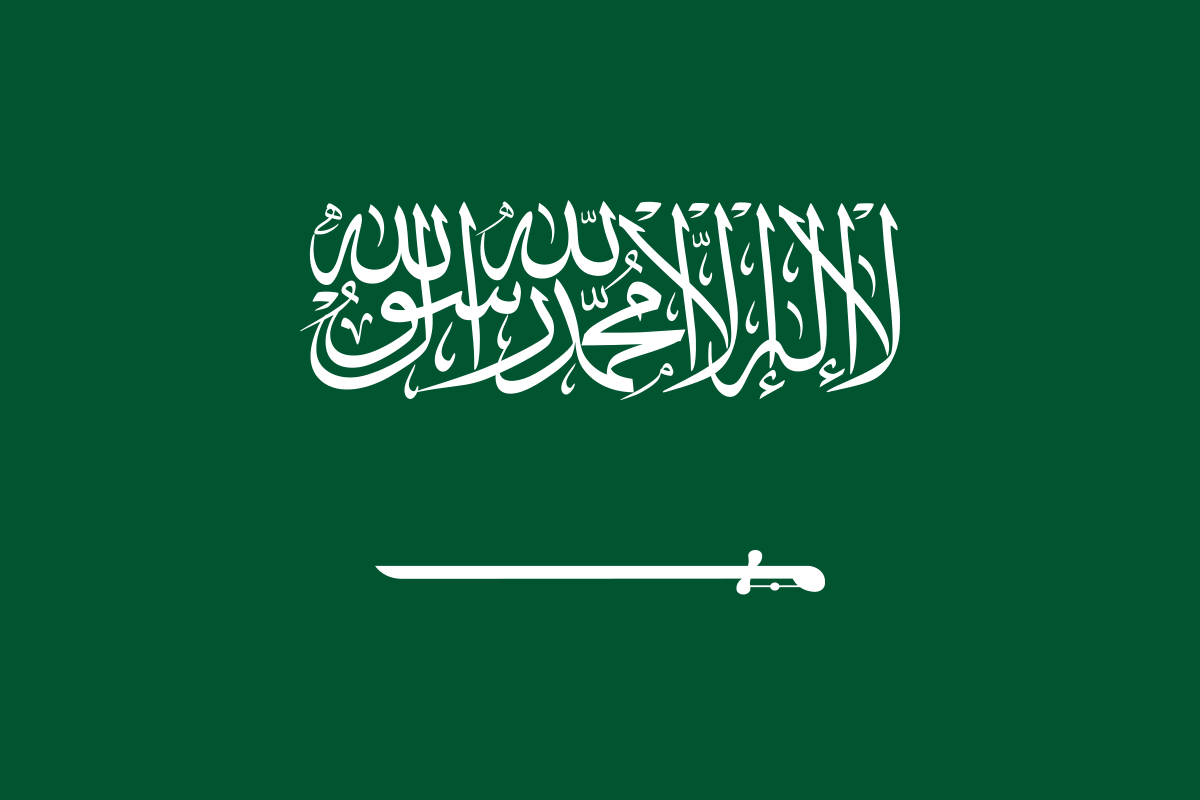The kingdom is committing multibillion-dollar investments into artificial intelligence, high-tech manufacturing and gaming as it repositions its economy away from a flagship megacity project. Officials have indicated that the NEOM venture will receive a smaller share of funding as more capital flows into next-generation industries. The move reflects a pivot by policymakers toward technology-driven growth sectors.
Top-level figures including the Public Investment Fund highlight that the ecosystem around AI and gaming offers faster returns and closer alignment with the kingdom’s Vision 2030 target of reducing reliance on oil revenue. The PIF has opened a new state-owned company, Humain, to build AI infrastructure including large-scale data centres and Arabic-language language models, and has backed a €55 billion acquisition of global games-publisher Electronic Arts via its ownership stake in gaming group Savvy Games Group.
The intelligence and gaming industries have been flagged as priority sectors. In 2024 the kingdom’s ICT spending exceeded US$10 billion, with a strong focus on AI, cloud computing and digitised public-services platforms. The gaming sector is underpinned by Savvy Games’ target to make the country a global esports hub by 2030, with a reported US$38 billion commitment. Forward-looking manufacturing initiatives are being driven by another PIF vehicle, Alat, launched to focus on semiconductors, advanced electronics and next-gen infrastructure.
As the shift gathers pace, the NEOM project is being recast. While it remains a long-term asset, sources say its role is being adjusted to accommodate new priorities. Investment minister Khalid al‑Falih described NEOM as a “generational investment” not intended for rapid monetisation, indicating the state fund will rely on foreign-capital co-investment rather than front-loading development alone.
Analysts view this reallocation of resources as a pragmatic response to global headwinds. A slowdown in oil prices has underscored the need for diversification while the cost of megaprojects has grown. Betting on sectors such as AI and gaming aligns with the kingdom’s youthful demographic and digital-infrastructure strengths. Nonetheless, challenges remain: the region must foster home-grown talent, overcome high-performance-chip export constraints and build deep domestic supply chains.
Regional competitors are also escalating investment in similar technologies, increasing pressure on the kingdom to demonstrate tangible industrial outcomes rather than headline pledges. Talent attraction, regulatory clarity and partnerships will be key to winning credibility in the global tech race.
Notice an issue?
Arabian Post strives to deliver the most accurate and reliable information to its readers. If you believe you have identified an error or inconsistency in this article, please don’t hesitate to contact our editorial team at editor[at]thearabianpost[dot]com. We are committed to promptly addressing any concerns and ensuring the highest level of journalistic integrity.

